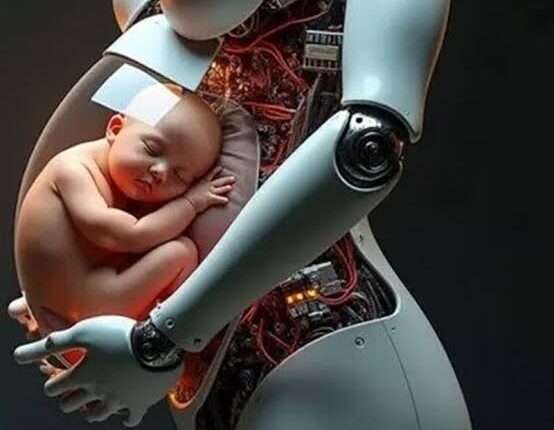China to Launch World’s First Pregnancy-Capable Robot with Artificial Womb by 2026
China is poised to unveil a revolutionary humanoid robot capable of achieving pregnancy through a fully functional artificial womb, marking a major leap in reproductive and robotics technology.
Developed by Guangzhou-based Kaiwa Technology, the project is expected to debut in 2026 and would be the world’s first robotic system designed to carry out a complete pregnancy—from fertilization to birth.
Dr. Zhang Qifeng, the project’s lead scientist, presented the concept at the World Robot Conference in Beijing, saying that the core science behind artificial gestation is “already mature.” The next milestone, he noted, involves integrating the technology into a humanoid robot for what he called “interactive pregnancy.”
Artificial wombs are not a new idea. These devices simulate the uterine environment using artificial amniotic fluid and a system to deliver nutrients and oxygen—similar to an umbilical cord. In 2017, U.S. researchers successfully sustained premature lambs for weeks in “biobag” systems, validating the potential of ex-utero development.
However, Kaiwa Technology’s project breaks new ground by embedding the entire process into a robotic platform capable of not just sustaining, but initiating, monitoring, and managing a full-term gestation.
The expected cost of this system is around 100,000 yuan (approximately £11,000), significantly undercutting traditional human surrogacy costs—making it a potentially transformative solution for infertile couples.
The push toward artificial gestation technology is partly driven by China’s escalating infertility crisis, exacerbated by environmental factors, lifestyle changes, and declining birth rates. Analysts say the technology could also reshape the global surrogacy landscape, offering ethical alternatives and reducing reliance on human carriers.
Still, the development raises profound ethical, legal, and medical questions, particularly around the implications of robotic reproduction and child welfare.
Dr. Zhang acknowledged these challenges but remained optimistic: “Our focus is on creating a safe, scientifically sound platform that can help address urgent societal needs. We believe this is the next frontier in human reproduction.”
If successful, the project would place China at the forefront of one of the most controversial and impactful medical-technological breakthroughs in decades.


